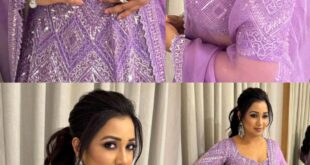As an Amazon Associate I earn from qualifying purchases.
African hair braiding has been a tradition passed down through generations in African communities for centuries. It is a cultural practice that not only serves as a means of beautification but also as a way to express individual creativity and identity.
There are various styles of African hair braiding, each with its own unique beauty and significance. Some of the most popular styles include cornrows, box braids, twists, and Senegalese twists.
Cornrows are perhaps the most well-known type of African hair braiding. They involve braiding the hair close to the scalp in straight lines, creating a sleek and uniform look. Cornrows can be styled in various patterns and designs, making them versatile and suitable for any occasion.
Box braids are another popular style of African hair braiding. These braids are thicker than cornrows and are created by dividing the hair into small sections and braiding them from the root to the ends. Box braids can be worn long or short and can be styled in a variety of ways, making them a versatile and low-maintenance option for those with busy schedules.
Twists are a popular alternative to braids, especially for those with natural hair. Twists involve twisting two sections of hair around each other to create a ropelike effect. Twists can be worn loose or styled into updos or buns, making them a versatile and stylish choice for any occasion.
Senegalese twists are a more intricate and time-consuming style of African hair braiding. These twists are created using extensions that are twisted into the natural hair to create a long and elegant look. Senegalese twists are popular among those looking for a protective style that can last for weeks.
African hair braiding is not only a beautiful way to style hair but also a way to celebrate and honor African culture and heritage. Whether you choose cornrows, box braids, twists, or Senegalese twists, African hair braiding is a versatile and timeless tradition that continues to inspire and captivate people around the world.
Amazon and the Amazon logo are trademarks of Amazon.com, Inc, or its affiliates.
 innstyled styling
innstyled styling



















